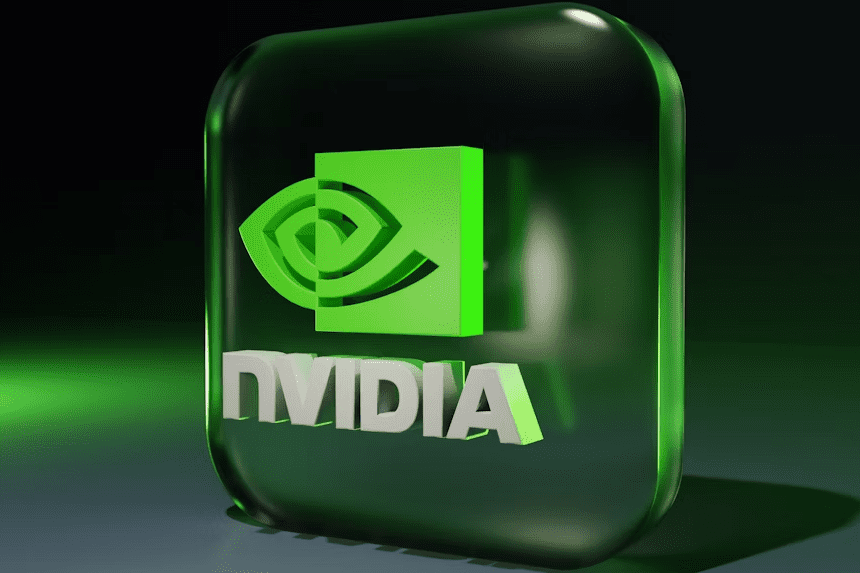In a big step forward in the trade war, semiconductor titans Nvidia and AMD have agreed to give the US government 15% of their chip sales in China. Getting this deal is very important for getting export licenses to the world’s second-largest economy. Both corporations want to keep their access to the market while following US export control rules, which is why they made the deal.
Nvidia and AMD, two major companies in the semiconductor and AI industries, now have to send a portion of their sales of certain chips in China to the US government. This deal is meant to help the US stay competitive in global digital markets, and it shows how much financial and strategic pressure tech companies are under because of the ongoing trade war between the US and China.
What made Nvidia and AMD agree to this payment?
Due to US export limitations, Nvidia and AMD have decided to give 15% of their semiconductor sales from certain chip sales, such as Nvidia’s H20 chips and AMD’s MI308 chips, to the US government. These payments are meant to get export licenses that will let these businesses keep selling their advanced chips in China.
This deal is all about Nvidia’s H20 chips, which are utilized a lot in AI (artificial intelligence) applications. The US government had previously barred the sale of these chips to China because of worries about national security. The business has been trying to undo these limitations. Nvidia intends to stay in the Chinese market by making this concession and dealing with the complicated relationship between the two superpowers. Here is the link to our article on the Trump-China Trade Impact.
What Will This Deal Do to Trade Between the US and China?
This new deal between Nvidia, AMD, and the US government is part of a bigger plan to calm things down between the US and China. The semiconductor industry is still a major source of tension, even if the US has relaxed some export restrictions, like those on chip design software.
Both sides have been talking to each other about tariffs and trade practices, and things have gotten a little better. But the recent deal brings up a bigger problem: how to balance worries about national security with the need to keep trade ties with China.
This purchase shows that the US is still trying to control the global tech sector, especially when it comes to AI and semiconductor manufacturing. China needs these high-performance chips to improve its technology and AI, so this deal is a tricky compromise.
How will this deal affect the market for semiconductors?
This arrangement is the first of its kind in the semiconductor business, and it shows how hard it is for companies to stay in the market financially. Charlie Dai, a well-known analyst at Forrester, said that this deal could set a bad example for future internet companies. Nvidia and AMD will have to spend a lot of money, which could hurt their profits and market strategy, especially in places where US trade rules have an impact on business.
But both businesses want to get into the Chinese market, which is still a major participant in the global semiconductor and AI markets. These companies have to make tough choices to be competitive as the need for sophisticated processors, especially in AI applications, keeps growing. Here is the link to our article on China’s Economic Struggles.
What does this mean for US trade policy?
The accord also shows that the US is changing its trade policy toward internet companies. The US government is showing that it has authority over big digital companies by making deals like these. Deborah Elms, an expert on trade policy, said that this deal does not get rid of the national security issues that come with the chips. Instead, it is a strategic trade-off meant to keep US companies competitive throughout the world.
The US is still using trade policies to shape how businesses act, so Nvidia and AMD may have to deal with similar situations in the future. This could put more pressure on tech companies to spend a lot of money in the US to follow trade rules and get into other markets.
Final Thoughts on the Semiconductor Sales Agreement
The deal that makes Nvidia and AMD pay 15% of their semiconductor sales in China to the US government shows how complicated global commerce is becoming. This contract guarantees that these businesses will still be able to do business in China, but it also shows how hard it is for them to make money and plan their strategies in the US-China tech rivalry. The semiconductor sales industry is very important to the world economy, and the changing nature of international trade will continue to affect the future of these big tech companies.







